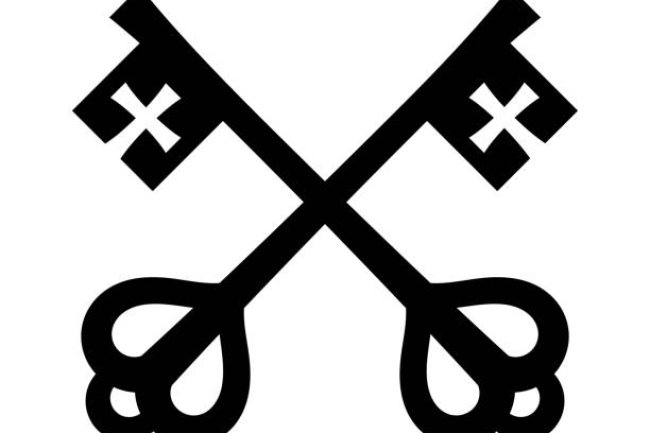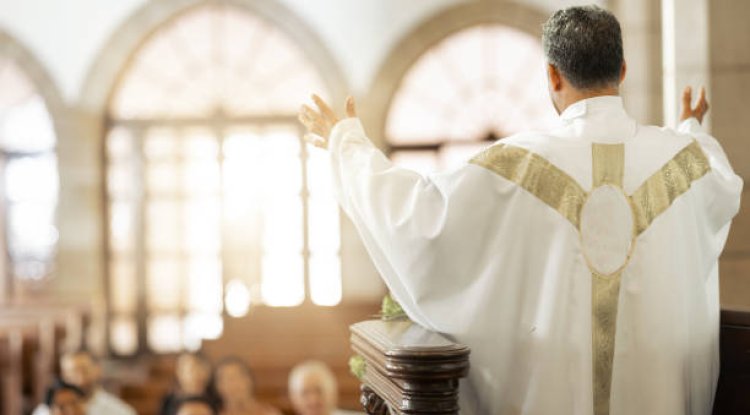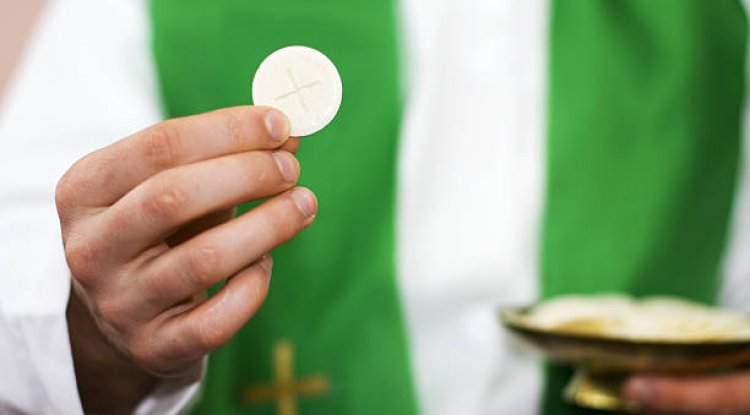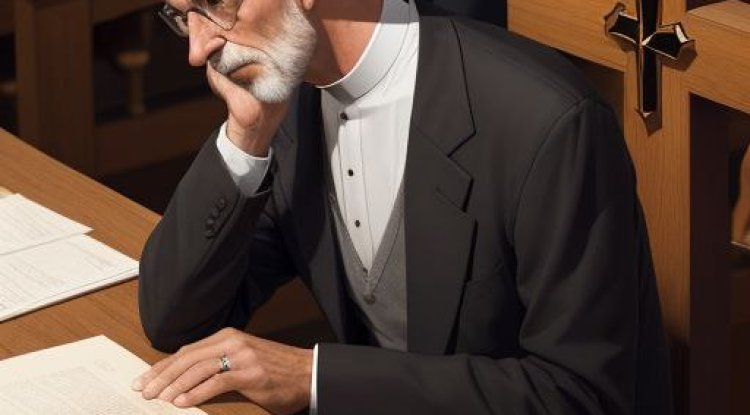THE BROKEN VOW AND FREQUENT FALL
HOMILY FOR TWENTY-SIXTH SUNDAY IN ORDINARY TIME, YEAR A. Readings: Ezekiel 18: 25-28; Psalm 25; Philippians 2:1-11 and Matthew 21:28-32.

The liturgy of today reminds us of the various vows and commitments we made before God and his people as witnesses. As clerics and religious, we made the vow of obedience, to our legitimate superiors and bishops, the vows of chastity and of poverty. To couples, before the Altar and the people of God, you promised “I will” or “I do” during matrimonial rite. ‘How far’ about your promises? Have you forgotten you made such promises or you are acting on disobedience? At baptism, we promised obedience to God and the teachings of the Church. Are these vows and promises which we made still intact or they are all broken? Do we seek reasons to justify our disobedience to God? Once again, let us ponder on today’s readings.
In the first reading, a picture of justice and mercy of God is presented to us through the prophet Ezekiel. God reminds the people of Israel their claims in an attempt to justify themselves for their sufferings in the hands of their captors and enemies in exile when they said, “The way of the Lord is not just” (Ez. 18:25). Is it God’s way that is not just or the way of man? Last week we reflected on the justice of God shown to the labourers he employed to work in his vineyard, whom he treated equally, with unconditional love and generosity (Lk. 20:1-16). Today, the justice of God is reflected as a merciful Father. He said, “When a righteous man turns from his righteousness and commits iniquity, he shall die for it... and when a wicked man turns from his wickedness and does what is lawful and right, he shall save his life” (Ez. 18:26-27). This way, God points to the Israelites that they are responsible for their predicaments, no need to shift blames because they renounced their integrity of being sons of God. Renouncing their integrity of being righteous people to become sinners is clear disobedience to the will of God, of which the consequence is death. On the other hand, when a sinner turns from his evil ways or wickedness to obey God’s laws by keeping the vow, he/she has made and doing what is right, the sinners shall have lives again. Ezekiel points out to us the necessary need for repentance in other to regain our integrity as children of God.
Christ in the Gospel presents to us the consequence of disobedience to the will of God through the parable of a man with two sons. The parable shows two different kinds of sons. Christ in this parable distinguishes the attitude of the Pharisees and Scribes from the tax collectors, prostitute/harlots and all that are considered as sinners. The two sons failed their father, either by words or by action. The first son responded to the call of the Father saying, “I will not go!” and after reflecting on the goodness and faithfulness of the father, he repented and later went to the vineyard. Exactly what the prophet Ezekiel said in the first reading, “When a wicked man turns from his wickedness and do what is right, he shall save his life” (Ez.18:27). On the other hand, the second son said, “I will go” to the vineyard but did not go. He represents the righteous one who turns from his righteousness to do evil, and the consequence is death.
It is a pity that many of us Christians are like the second son who are fast in making vows saying, “I go sir, but did not go,” neither do we make efforts to fulfill any of the promises we made in obedience to the will of God. The second son represent those of us that have been baptized, confirmed, ordained or married, who boldly said “I will” or “I do, to all questions posed to us during the sacraments before God and before man that stands as witness, but never or partially fulfill these promises. Put differently, we are always on broken vow and frequent fall. We admit the Word of God is true, we intend to get serious about it someday and we talk about doing the Father’s work. We keep the external appearance of our religion, but our hearts are not right with God. We make many promises without fulfilling them, we promise to repent but will not repent, and we speak of believing in God, but do not believe. We promise to be submissive, but do not submit ourselves to the will of God, neither are we submissive to our spouse, parents, superiors or bishops. So many promises we make ends as a mere promise. It will be more terrible and dangerous for us if we continue this way because we are lying against the Holy Spirit, which makes our conscience more hardened. These are the things Christ saw in the lives of the Pharisees and Scribes that made him say to them, “Truly, the tax collectors and harlots go into the kingdom of God before you” (Mt 21:31). This parable also brings hope to sinners that have abandoned righteousness and embrace wickedness. All we need to do is repent and obey the law of the Lord; for the Lord is compassionate, slow to anger and rich in mercy.
St. Paul in the second reading composed the Christological hymn to the Philippians, which provides a wonderful summary of the life and redemptive work of Christ. This hymn presents Christ as a model of humility and epitome of obedience to the will of God the Father. Christ, “Who was in the form of God, did not count equality with God…being found in human form, he humbled himself and became obedient unto death, even death on a cross” (Ph 2:6). He urges us to be in full accord in love, and of one mind, imitating Christ in humility and total obedience to the will of the Father.
Dear friends in Christ, we are once more reminded not to have a broken vow or frequent fall in our promises to God. If we have fallen, this is an opportunity for us to rise again. We pray for sufficient grace of God in us to keep the vows and promises we have made to Him through Christ our Lord. Amen!
Happy Sunday!
Fr. Ken Dogbo, OSJ
What's Your Reaction?



















